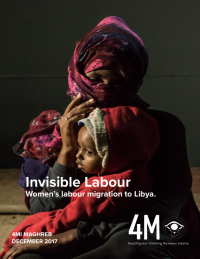Zeit Online | 03.01.2017
Mehr als 5.000 Menschen harren aus im Flüchtlingslager Moria auf Lesbos. Einige von ihnen glauben, die schlimmen Zustände seien politisch gewollt. Das nehmen sie nicht länger hin.
Von Raphael Thelen
Fünf Meter überragt das Tor die Zelte und Container des Flüchtlingslagers Moria. Stacheldraht windet sich an seiner Oberkante. Zäune, Betonwände, Stahlgitter schließen rechts und links an. Durch eine schmale Tür laufen Menschen rein und raus. Sie gehen ohne Eile, Zeit hat hier jeder im Überfluss. Das Lager können sie tagsüber verlassen, auf der Insel Lesbos aber sind sie gefangen.
In den Augen der Europäischen Union ist Lesbos ein Brennpunkt der Flüchtlingskrise, weil hier seit 2015 besonders viele Menschen auf der Suche nach Schutz in Europa ankamen. Zwei Beschlüsse sollten die Lage entschärfen. Die EU unterschrieb einen Deal mit der Türkei, um weitere Flüchtlinge davon abzuhalten, europäischen Boden zu erreichen. Aber noch immer kommen zwischen 2.000 und 5.000 pro Monat in Griechenland an, die Bearbeitung der Anträge dauert oft Monate. Tausende sitzen fest.

